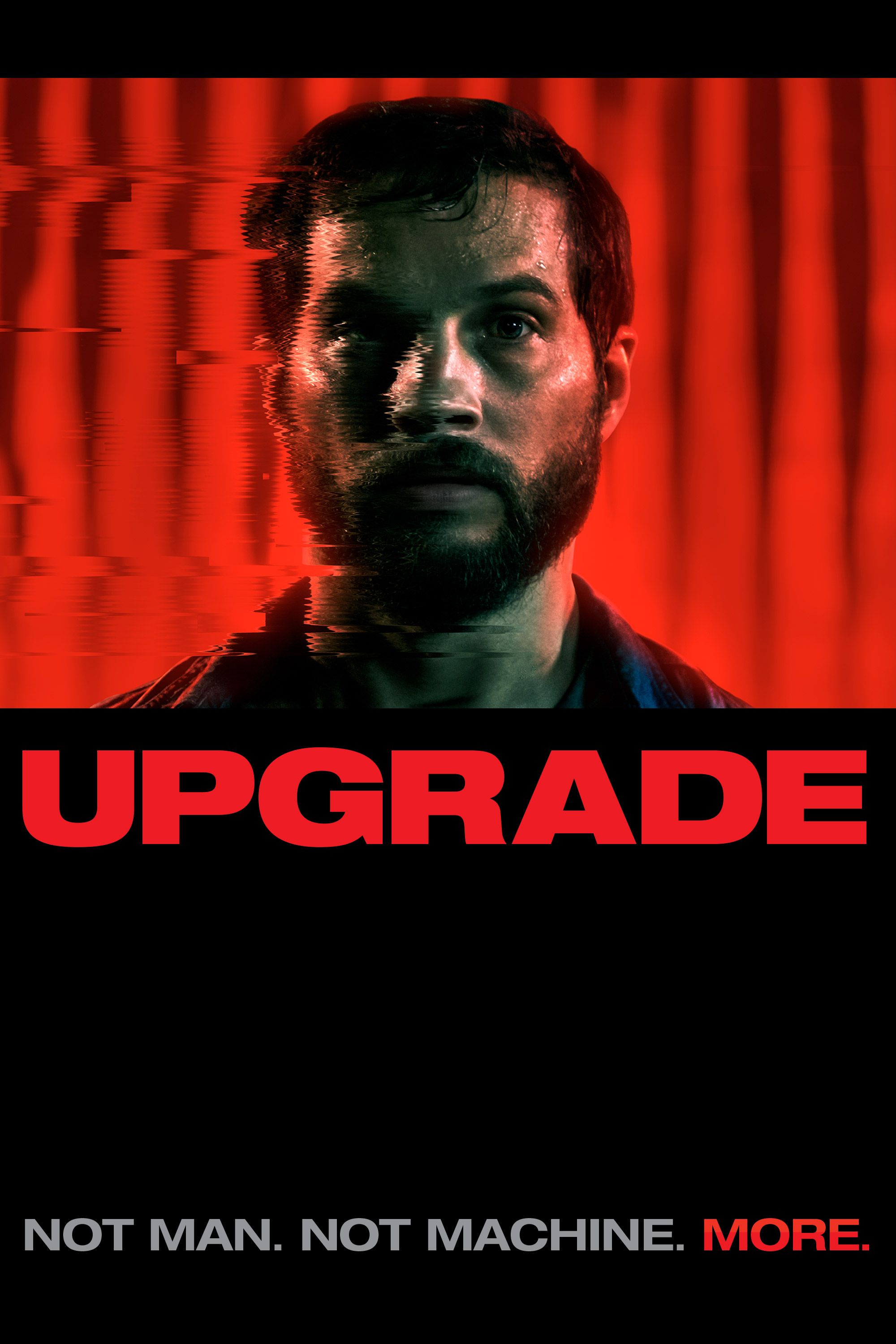Grey Trace is a mechanic with little to no trust in computers.
It's kind of ironic because everything runs by screens and computers in his world. Cars and phones, even houses, are automated. Humans can be upgraded, too, but Grey doesn't want any part of it. Even if his wife, Asha, works for a tech company herself.
Grey's client, Eron Keen, is a tech innovator. He claims that his new invention, called STEM, can do almost anything a human does. Only better.
But, obviously, Grey doesn't buy it. He believes that Eron's microchip can take the whole world down. That is until he and his wife got into a car accident and a group of vicious thugs came for them. Leaving him quadriplegic and his wife -- dead.
Grey lost everything in an instance. His limbs, his future, and his wife. The only thing that motivates him to live is a chance for justice. Justice that the investigator, Cortez, seems unlikely to find or give.
Until one day, Eron came by with an offer to implant his invention inside him. With STEM he'll be able to move again and have the justice he longs seek.
Grey agreed. He has nothing to lose anyway.
"Upgrade" stars Logan Marshall-Green as Grey Trace, Melanie Vallejo as Asha Trace, Harrison Gilbertson as Eron Keen, and Betty Gabriel as Det. Cortez. It is currently available for streaming on Netflix.
Whannell's "Upgrade" is a riveting analysis of the relationship between technology and society.
Technology indeed made life easy. Self-driving cars made mobility available for everybody, and smartphones made almost anything accessible, from taking phone calls to pictures. Technology is humanity's future. So it comes as no surprise why people are so obsessing about an upgrade. A better model, updated software, or a new unit, the more the product is 'improved,' the brighter and easier the future is.
However, this is not 100% true. At least that's what director Leigh Whannell wants to say. He illustrates the power of technology when it's given full control of anything, and this power is often-times destructive. Technology is the reason for unemployment, it instigates war and violence, and it also causes irreversible damage to the world's natural resources. Give technology a human body, and the outcome is probably catastrophic.
Whannell simply proposes that if we don't take technological development carefully, we are spelling our demise.
Even more so, "Upgrade" questions how far technology should integrate into people's lives? Is society's over-reliance on it justifiable? Can people still see the hidden cost of convenience brought by it? These are questions the film leaves for the viewers to ponder.
In essence, "Upgrade" drives a meaningful conversation about advancement and development. It takes the viewers into a world of violence and horror to prove a point. Once people fully surrender their control of life to technology in exchange for comfort and convenience, society will be in a hell lot of trouble.
4/5


